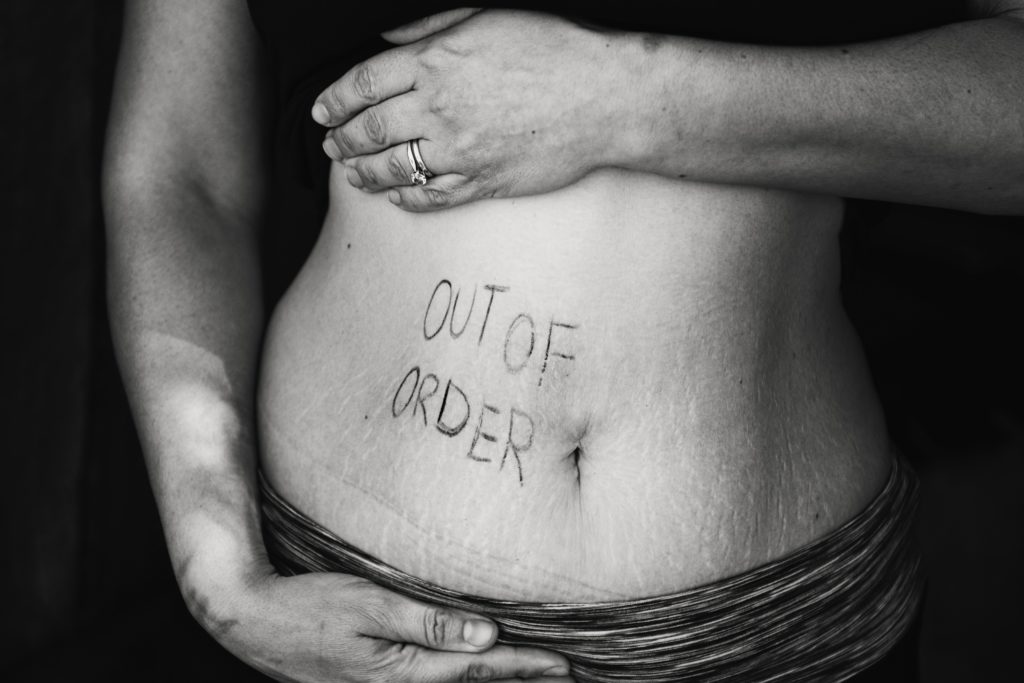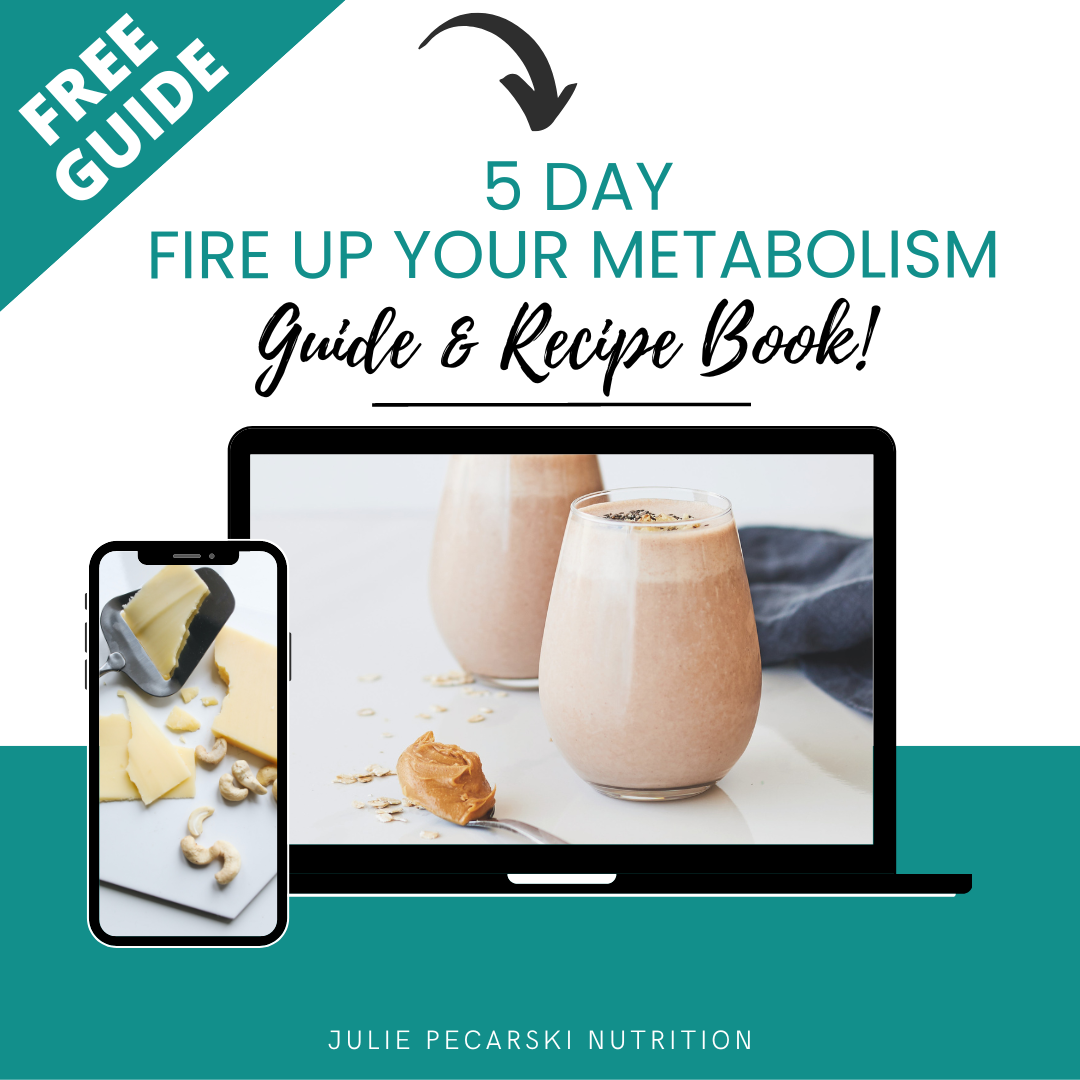
Are you feeling down? Do you have joint pain? Are you dealing with itchy eczema? Do you feel constantly bloated? Is losing weight a never ending battle? All of these issues (and a few more) can be traced back to your gut. As I’ve learned over the years, there are billions of microbes in your digestive tract that are the masters of your health.
Our body is home to trillions of organisms such as bacteria, fungi, viruses, and other microbes that inhabit almost every part of our bodies. This busy ecosystem of micro-organisms is often referred to as the human microbiome.
These micro-organisms mainly in your intestines and colon. These bugs do a lot like digest our food, keep our immune system strong, protect our intestines from infections, remove environmental toxins from the body, and produce B vitamins and vitamin K.
If you’re feeling or noticing any of the following symptoms, you may have a gut imbalance:
- Food sensitivities or allergies
- Digestive problems like gas and bloating
- Weight gain
- Skin issues like acne, eczema, and rosacea
- Fatigue
- Mood swings
- Autoimmune disorders
- Depression
- Anxiety
- Difficulty concentrating
- Joint pain
Stress has the ability to alter the health of our gut.
Keeping our gut in balance is not a difficult one but there are typical offenders to getting it off balance. The health of your gut shifts when you:
Eat processed foods
Get sick
Drink alcohol or take drugs
Experience stress
Lose or gain weight
Get older
Travel overseas or to other new environments
So, now that you know that the health of your gut is important, here are a few on my favourite gut-friendly tips:
Quit sugar: If you make one change to improve your gut health, make it this. Bad bacteria love sugar and feed off of it. Cut out sugar (that includes the fructose in fruit), low-nutrient carbs, conventional dairy, and alcohol.
Choose a variety of foods: It’s important to get a diverse mix of good bacteria. Focus on vegetables, high-quality protein, and omega-3 fats.
Healthy Oils: Medium-chain triglycerides the saturated fatty acids found in coconut oil are strong antifungals, antibacterials, and antivirals which is an easy way to include in your diet.
Feed your good bacteria prebiotics: Prebiotics are what good bacteria (aka probiotics) feed on. You can get prebiotics from vegetables rich in soluble fiber like sweet potatoes, brussels sprouts, and asparagus, as well as coffee and chocolate. Foods that are high in prebiotic resistant starch, like plantain and green banana flour, cooked and cooled white rice, and raw potato starch.
Get more collagen: collagen helps to heal and repair the gut lining, making it easier for your body to absorb nutrients. I recommend this along with L-Glutamine to help strengthen the gut. Eat collagen-rich foods such as bone broth and organ meats, or add a hydrolyzed collagen protein powder to your smoothie.
The bottom line:
Supporting the gut is essential when it comes to weight management. And for those of you with thriving, busy careers, there’s even more work that you need to do! If you have any questions, feel free to reach out to me at julie@juliepecarskinutrition.com


